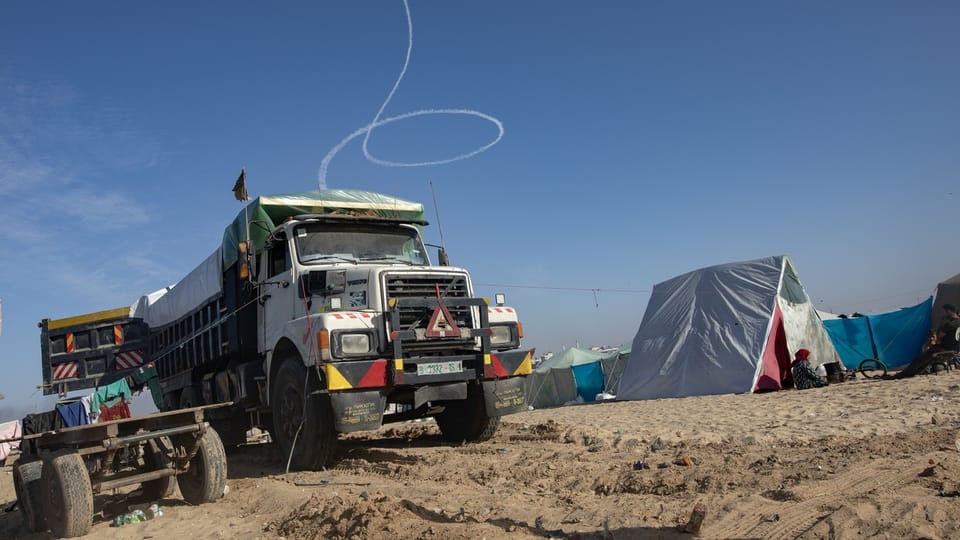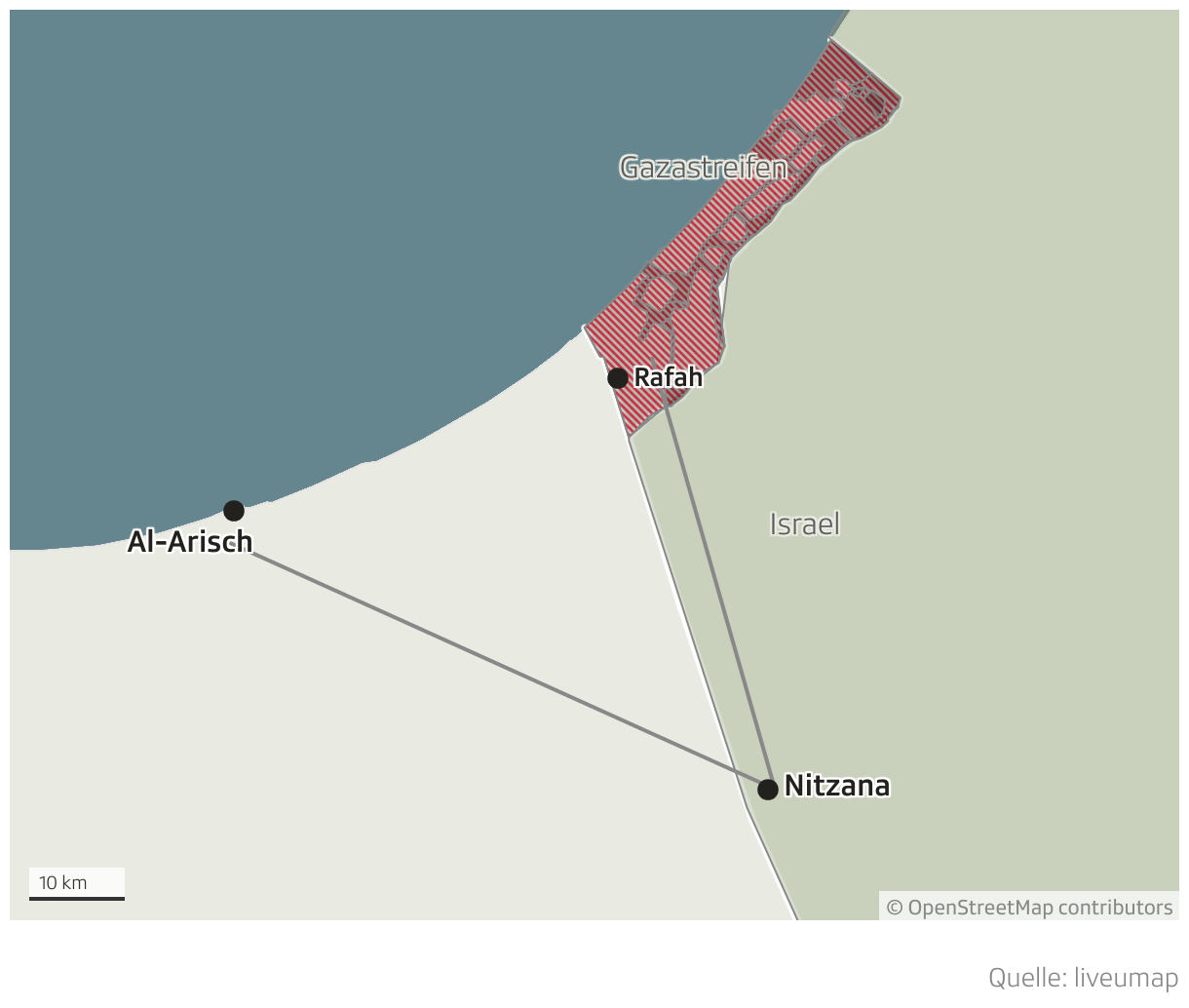Since the Hamas terrorist attack on October 7, 2023, Israel has been waging war against Hamas in the Gaza Strip. The situation for the civilian population in Gaza is very difficult, and even more difficult for people with disabilities. The aid organization Handicap International takes special care of these people. Danila Zizi is the organization’s head of the Gaza Strip.
SRF News: What is the situation of the people and helpers?
Danila Zizi: The situation is catastrophic. The Israeli bombardment is currently continuing specifically in Khan Yunis. There are currently more than 1.5 million internally displaced people in Gaza, and hundreds of thousands have been displaced multiple times. They are all grouped in the south, in Rafah. We know there are not enough accommodations available. But it’s not just emergency shelters that are overwhelmed, hospitals too. The number of trucks – and therefore humanitarian aid – is still insufficient. There is not enough food or water for everyone in the south. Unicef has recently reported cases of malnutrition and serious illness. Severe malnutrition was found in nine percent of those examined.
People with disabilities are at much greater risk because they cannot flee when there is shelling nearby.
How can Handicap International help there?
The situation of people with disabilities is particularly worrying. It is important to understand that people with physical or mental disabilities have limited ability to comply with evacuation orders. Walking several kilometers to reach shelter is almost impossible. We know of families who have had to choose between staying in their homes and risking death, or entrusting their disabled loved ones to institutions such as hospitals, mosques or nearby shelters. It’s a tragedy within the tragedy. People with disabilities are at much greater risk because they cannot flee when there is shelling nearby.
Our organization is trying to capture them. Our team is currently assessing how many people with disabilities live in the designated accommodation and trying to provide them with as much support as possible. It is primarily about equipment for humane accommodation, early rehabilitation measures and psychological help.
Our first truck convoy with urgent relief supplies took three weeks to get to the Gaza Strip.
How can Handicap International provide employees with the necessary materials?
This is a lengthy process. We have a fully functioning office in Cairo that helps us purchase supplies and materials that we then import into Gaza. The whole process is divided into different sections, from ordering to piloting and organizing the trucks, which go through several control procedures. They first go to Al-Arish (a town in Egypt, editor’s note), then on to Nitzana (town in Israel, editor’s note), where they are controlled by Israel and then up to Rafah, where they are have to queue. They are waiting for permission to drive to the checkpoints and then for permission to enter the Gaza Strip.
Our first truck convoy with urgent relief supplies took three weeks to get to the Gaza Strip. The control process must be shortened. We have an entire logistics team that only deals with the passage of trucks every day.
The interview was conducted by Nicolà Bär.

Legend:
The aid supplies finally arrive in Rafah in the Gaza Strip.
Keystone/HAITHAM IMAD

